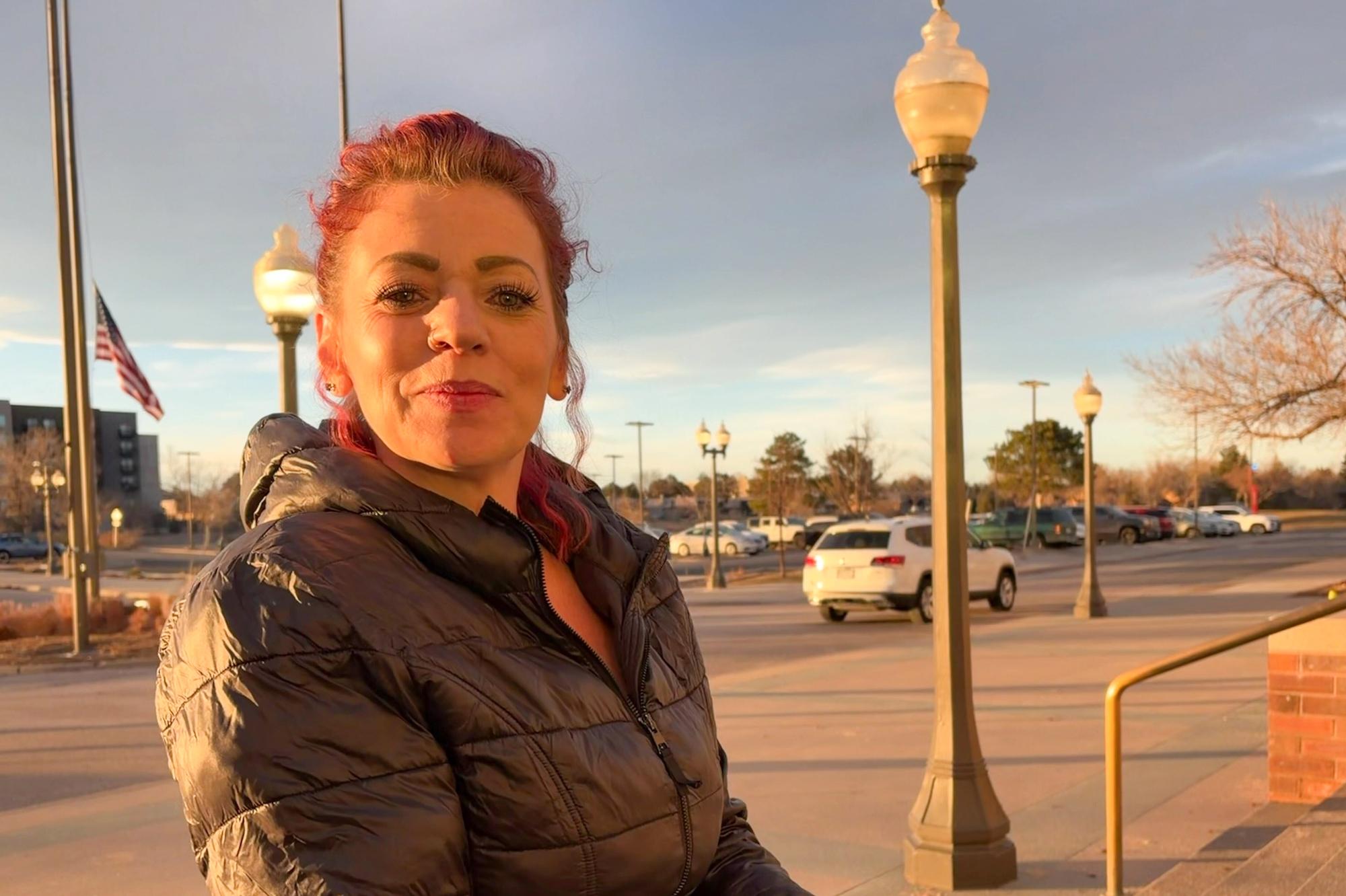
Latinos make up about twenty percent of Colorado’s population and continue to be a highly courted voting bloc during this election. It’s a group that more frequently votes for Democrats, but Latinos also turn out less often in midterm elections, and both political parties face challenges in attracting them.
Republicans have long been trying to make inroads with Latino voters, especially in competitive states like Colorado, where a small number of votes could swing key races for the U.S. Senate and Governor.
“Colorado Republicans cannot be the party of no,” said Dick Wadhams, the state’s former GOP chairman. He said Republicans must appeal to Latinos if they hope to win statewide elections.
“We have to have a proactive agenda. It’s one thing to not be for the Senate Democratic bill on immigration, it’s quite another to have no alternative,” said Wadhams. “The Hispanic vote continues to rise in Colorado.”
According to 2014 census data analyzed by Rocky Mountain PBS- I-News, 57% of Colorado Hispanics registered to vote in the last presidential election, and more than 90 percent actually cast a ballot. But in mid-term elections it’s a different story.
“What we hear is people don’t necessarily think it’s as important,” said Carla Castedo the state director of Mi Familia Vota in Colorado. The goal of the non-partisan group is to engage Latino voters – who are more likely to drop off at higher rates than white and black voters.
“We don’t have Latinos who are overwhelmingly in support of one party or the other, it could go either way. So, now it’s the candidates’ job to do their best and reach out to the Latinos. I would advise that people should not get comfortable,” said Castedo.
But Colorado Democrats are bolstered by the fact that 4 out of every 5 Latino voters supported President Barack Obama in 2012. And several Hispanic politicians helped mobilize volunteers for incumbent Senator Mark Udall from a field office in the heavily Latino Adams county.
“Let’s talk about how they don’t pass comprehensive immigration reform,” said state representative Joe Salazar (D- Thornton). “Let’s talk about how they didn’t support a resolution for equal pay. They didn’t support ASSET. Let’s talk about how they didn’t support driver’s licenses for all.”
ASSET allows students who were brought into the country illegally, but who have graduated from a Colorado high school, to receive in state college tuition. But Democrats have been have been criticized for the disorganized rollout of the driver’s license bill and for underfunding the program.
“There’s a lot of mis-information out there,” said Megan McGee Bonta with Catholic Charities in Eagle County, which according to I-News has the highest percentage of immigrants in the state. “People are very frustrated with the process and the hurdles, especially being in an area without a DMV because they do need to go to Grand Junction or Denver.”
But there’s an even larger issue on the table that Democrats and Republicans have to overcome. Surveys show most Latinos have family members or friends who are undocumented, making immigration reform not only a top priority, but also an issue that hits close to home.
“Anything Obama does won’t be good enough,” said Castedo. “What we focus on is the congressional side not an executive solution. Actually having a solution that is permanent so that ten years from now we’re not back in the same situation.”
In Colorado immigration reform hasn’t been the central issue this election season, but it has come up in recent candidate debates. Here’s an exchange between Governor Hickenlooper and his Republican challenger Bob Beauprez.
“In 2007 you said, what happens with the estimated 12 million who are here illegally?” said Hickenlooper. “Pretty obviously if they can’t demonstrate legal status then they go home. You refer to this as a cleansing somehow. Do you still stand by this statement?
“Governor, the cleansing was in reference to them getting legal status,” said Beauprez. “You were the one who said you were going to lead a march on Washington you’re the one who has Barack Obama’s ear, if you really wanted to have it done it would’ve been done by now.”
Independent political analyst Eric Sondermann said even if it isn’t dominating the television airwaves, both parties are trying to use immigration as a wedge issue to turnout their bases.
“What candidates want is their cake and [to eat] it too. They want to be able to mobilize their vote, in the Democrats case largely the Latino vote, without also mobilizing the push back vote on the other side,” said Sondermann. “The GOP doesn’t want to do anything to exacerbate that branding problem. At the same time they don’t want to turn off some of their core voters.”
A recent poll from the National Council of La Raza Action Fund lists unemployment and the economy, closely followed by immigration reform and healthcare as the top issues for Latinos leading up to Election Day.









